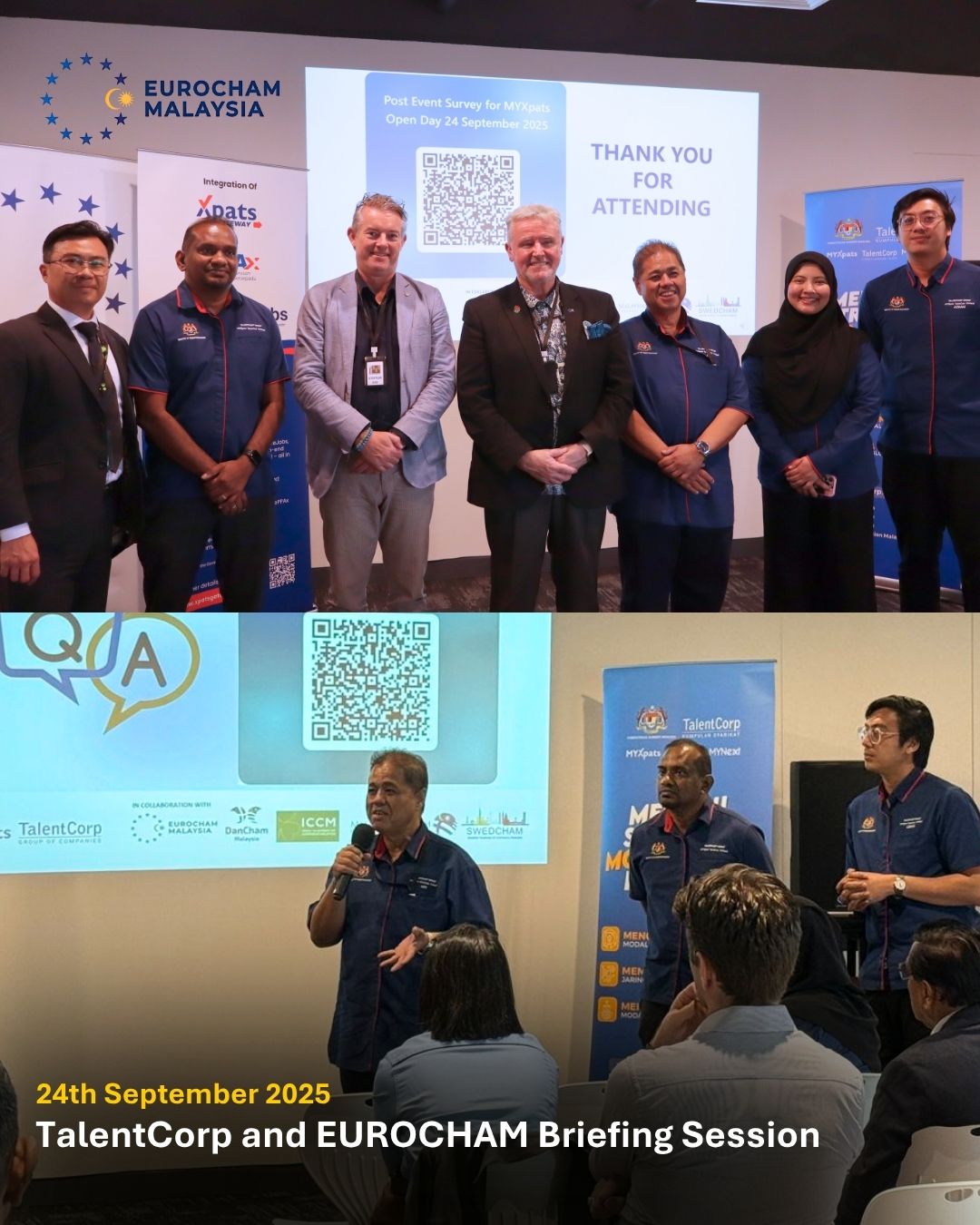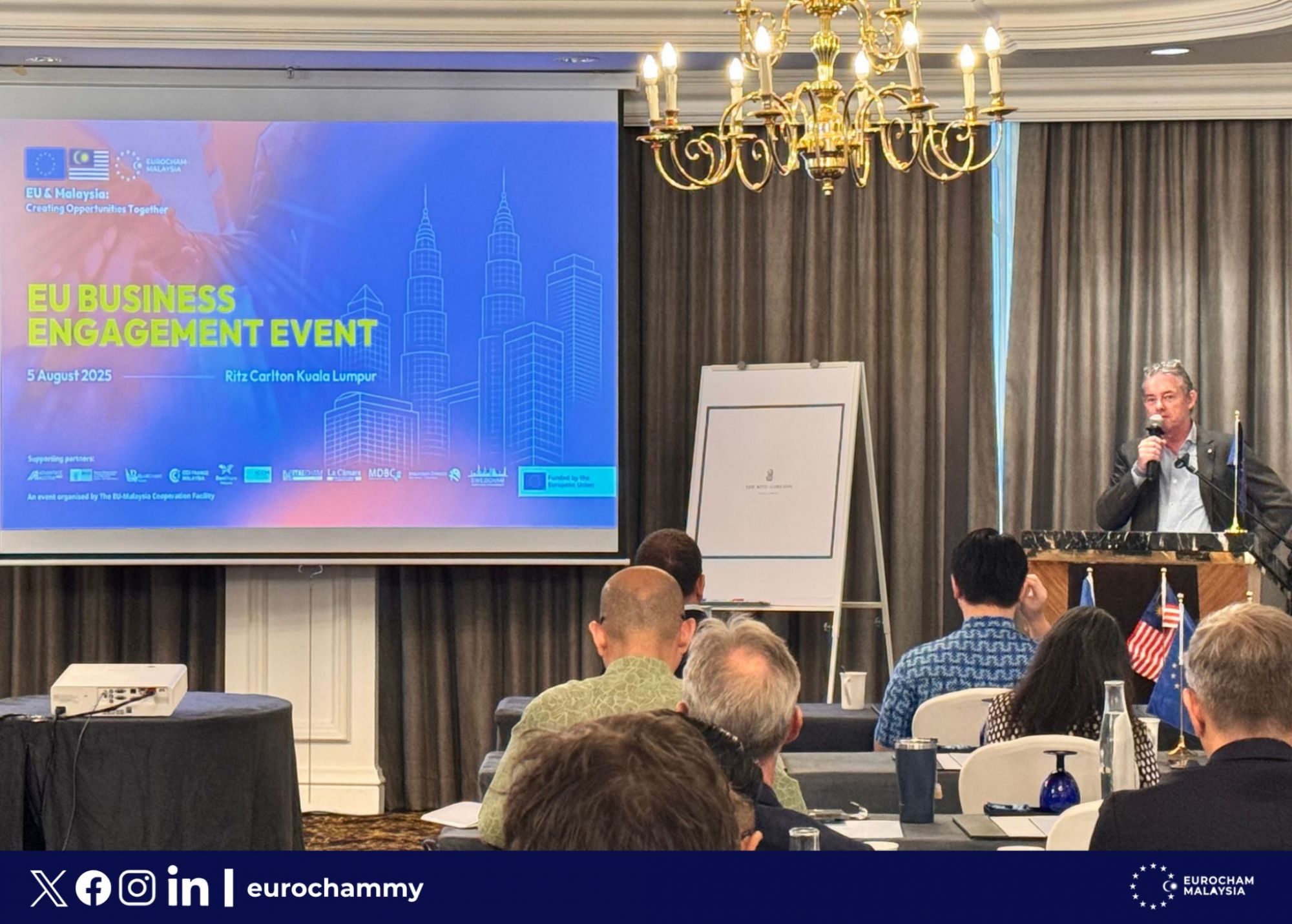The European Commission will hold a consultation process with Malaysian palm oil industry stakeholders next week.
The European Union (EU) Ambassador and head of delegation to Malaysia Maria Castillo Fernandez said the four expert panels would engage various palm oil stakeholders in the country, which will include site visits to plantations.
She said the visit aims to provide the delegations with a clearer and first-hand exposure to all issues concerned, including the sentiment and implication on farmers.
“The panel will then return to Europe and address the findings to EU legislators dealing with the issues,” she told reporters at the second EU-Malaysia Discourse on Palm Oil Sustainability in Kuala Lumpur yesterday.
The European Parliament in revisiting its Renewable Energy Directive (RED) — which would see palm oil barred from being used in motor fuels by 2021.
The proposed move has had a negative impact on palm oil prices with the edible oil falling for an average RM2,700 per tonne in October 2017 to RM2,250 yesterday.
Designed to boost RE use in the EU, the RED establishes an overall policy for the production and promotion of RE.
The original directive requires at least 20% of the EU’s total energy needs to be met with renewables by 2020.
The plan would allow all oilseed crops to help meet the target except palm oil with the industry being accused of promoting deforestation and high carbon emissions leading to global warming.
Fernandez said the first engagement would focus on defining the potential crops that can be used in the biofuel mandate, including palm oil.
She said the government, the Malaysia Palm Oil Board and Malaysian Palm Oil Council, as well as other industry players and the non-governmental organisation will be included in the engagement.
The forum was officiated by Primary Industries Minister Teresa Kok in conjunction with the International Greentech and Eco Products Exhibition and Conference Malaysia (IGEM) 2018.
Kok said the EU RED II would have a serious impact on the livelihood of many people in Malaysia.
“Following our recent palm oil mission to the EU and Switzerland which concluded on Oct 6, we have announced that Malaysia has agreed to nominate its experts to sit in the European Commission expert panel on Indirect Land Use Change that could impact the future use of palm oil, as part of the biofuel mix within the EU RED II,” she said.
Kok said the local palm oil industry has also taken a major step in adopting the methane capture technology, with a total of 92 methane capture facilities completed, while another 150 are either at the planning or construction stage.
“This technology will help reduce carbon emissions and local players meet stringent environmental and sustainability standards,” she said, adding that to date 5.81 million ha of land is used for oil palm cultivation, which accounts for only 0.11% of the global agriculture area.
The EU is the largest market for Malaysian palm oil and palm-based products with an export valued at RM11.03 billion last year accounting for 14.2% of the country’s export.
On the issue of labour shortage in the plantation sector, Kok said the matter is being discussed at the Cabinet level, spearheaded by the Human Resources (HR) Ministry.
“The special task force formed by the HR Ministry will study the whole labour problem in Malaysia,” she said, adding that the report will be concluded before the end of the year.
Source by : The Malaysian Reserve






